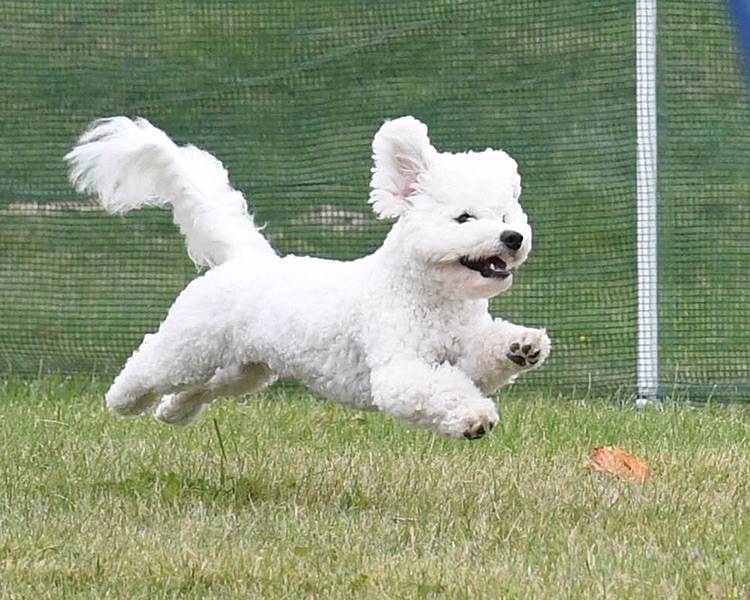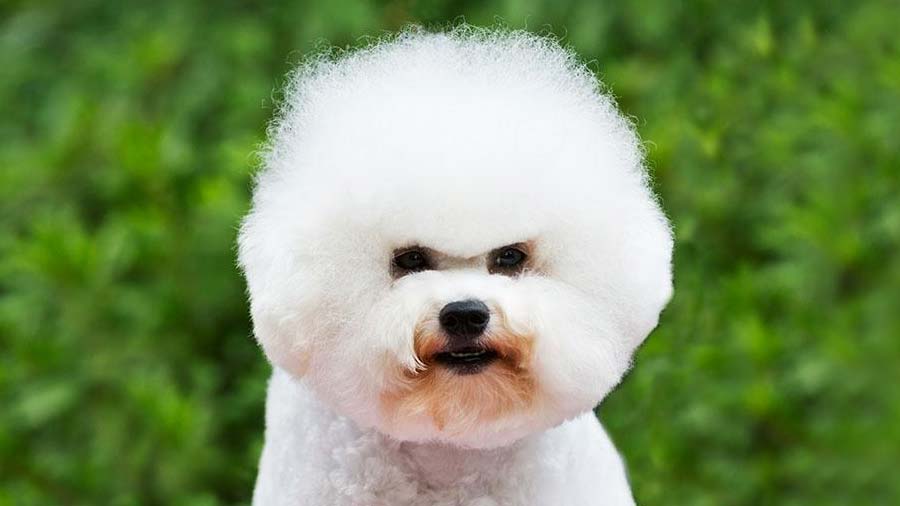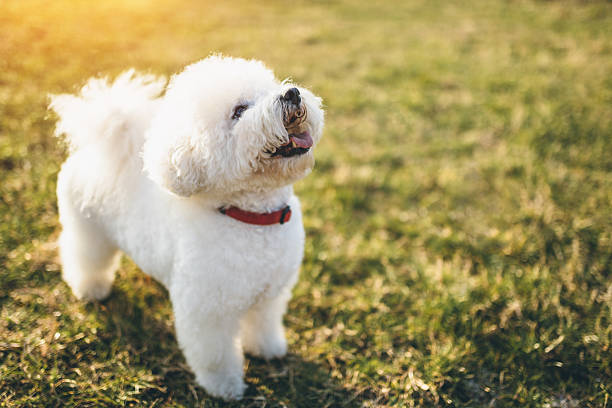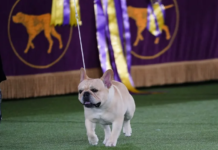(TOU): Numerous canines have flocked to New York City for what may be the most exciting week of their lives—or, at the very least, the lives of their humans. The dogs, who are among the prettiest and most well-mannered in the nation, have been preparing for this day for months or even years. They arrived to participate in the canine version of the Olympics or the Academy Awards.
The best of the best compete at Westminster to secure their place in the annals of animal history. There are well-behaved Bichon Frises, bouncy greyhounds, and submissive border collies, as well as vivacious Chihuahuas. Perhaps more anxious than their canine charges are the human handlers. Each candidate for best-in-show is thoroughly examined by the judges from snout to tail. The puppies, however, are showered with treats whether they win or lose. During the annual Westminster Kennel Club Dog Show, a Bichon Frise rests on a bench. 2018 marked the breed’s most recent victory.

Something You have to know about Bichon Frisé
The Bichon Frisé is a small breed of dog that is known for its curly, fluffy white coat. They are a member of the Bichon family, which also includes the Bichon Maltese, Bichon Havanese, and Bichon Bolognese. The breed originated in the Mediterranean and was used as a companion dog by sailors.
Bichon Frisés are known for their friendly and affectionate personalities. They are intelligent and eager to please, making them easy to train. They are also very social dogs and thrive on human companionship.
In terms of appearance, the Bichon Frisé has a small, round head with a short snout and round, dark eyes. Their ears are long and drop down, and their tail is usually carried over their back. They stand at around 9-12 inches (23-30 cm) tall and weigh between 12-18 pounds (5.5-8 kg).
Because of their small size and friendly personalities, Bichon Frisés are a popular choice as a family pet. However, they do require regular grooming to maintain their signature fluffy coat. They also benefit from regular exercise and socialization to keep them happy and healthy.

Interesting facts about Bichon Frisé
- The Bichon Frisé originated in the Mediterranean region, possibly in Spain or Italy. They were popular with sailors and were often used as bartering tools in ports.
- The name “Bichon Frisé” means “curly lap dog” in French.
- Bichon Frisés have a reputation for being hypoallergenic, as they do not shed much and produce less dander than other breeds. However, no dog is completely hypoallergenic.
- Bichon Frisés were recognized by the American Kennel Club (AKC) in 1972.
- Bichon Frisés are often used as therapy dogs, due to their friendly and affectionate personalities.
- The Bichon Frisé was a favorite breed of French royalty, including King Henry III and King Francis I.
- The Bichon Frisé is a member of the Bichon family of dogs, which also includes the Bichon Maltese, Bichon Havanese, and Bichon Bolognese.
- Bichon Frisés are known for their clown-like personalities and are often described as “merry” and “cheerful” dogs.
- In addition to their signature white coat, Bichon Frisés can also have cream, apricot, or gray markings.
- Bichon Frisés have a lifespan of around 12-15 years, with proper care and nutrition.

Bichon Frisé health
Like all breeds, Bichon Frisés can be prone to certain health issues. Some of the most common health problems that Bichon Frisés may face include:
Allergies: Bichon Frisés may develop allergies to food, environmental allergens, or flea bites. This can cause symptoms like itching, scratching, and skin irritation.
Dental Problems: Small breeds like Bichon Frisés are prone to dental problems like tartar buildup, gum disease, and tooth decay. It is important to keep their teeth clean with regular brushing and professional dental cleanings.
Patellar Luxation: This is a condition where the kneecap slides in and out of place, causing lameness and discomfort.
Eye Problems: Bichon Frisés are prone to eye problems like cataracts, glaucoma, and progressive retinal atrophy (PRA).
Bladder Stones: Some Bichon Frisés may develop bladder stones, which can cause symptoms like frequent urination, pain, and blood in the urine.
To minimize the risk of these health problems, it is important to feed your Bichon Frisé a healthy diet, provide regular exercise, and schedule regular check-ups with a veterinarian. Regular grooming and dental care can also help keep your Bichon Frisé healthy.
How long can you leave a Bichon alone?
Bichon Frisés are social dogs and thrive on human companionship, so it is generally not recommended to leave them alone for long periods of time. As a general rule, it is best not to leave a Bichon Frisé alone for more than 4-6 hours at a time.
If you need to leave your Bichon Frisé alone for an extended period of time, it is important to ensure that they have access to food, water, and a comfortable place to rest. You may also want to consider hiring a dog walker or pet sitter to come and spend time with your Bichon Frisé while you are away.
It is also important to keep your Bichon Frisé mentally stimulated while you are away, as boredom can lead to destructive behavior. Providing toys and puzzle feeders, and leaving the radio or TV on for background noise, can help keep your Bichon Frisé entertained and calm while you are gone.

bichon frisé disadvantages
While Bichon Frisés are beloved by many for their friendly personalities and fluffy appearance, like any breed of dog, they also have their disadvantages. Here are a few potential disadvantages to consider before getting a Bichon Frisé:
Grooming Requirements: Bichon Frisés have a thick, curly coat that requires regular grooming to prevent matting and maintain its signature fluffy appearance. This can be time-consuming and expensive if you choose to take your Bichon Frisé to a professional groomer.
Separation Anxiety: Bichon Frisés are social dogs that thrive on human companionship. They can be prone to separation anxiety, which can cause them to become anxious and destructive when left alone for long periods of time.
Health Issues: Bichon Frisés can be prone to certain health issues, such as allergies, dental problems, and eye problems. They may also be more prone to certain genetic conditions, such as luxating patella, hip dysplasia, and deafness.
Barking: Bichon Frisés are known to be vocal dogs and may bark excessively if they are not trained properly. This can be problematic if you live in an apartment or have close neighbors.
Energy Level: While Bichon Frisés are not high-energy dogs, they still require regular exercise and mental stimulation to stay healthy and happy. If you are not able to provide enough exercise and playtime, your Bichon Frisé may become bored and restless.
Overall, while Bichon Frisés are a wonderful breed of dog, it is important to consider their grooming requirements, potential health issues, and need for socialization and exercise before deciding if they are the right fit for your lifestyle.


















